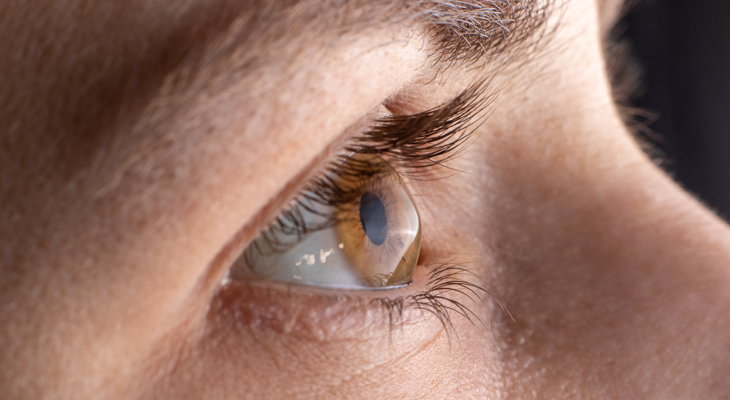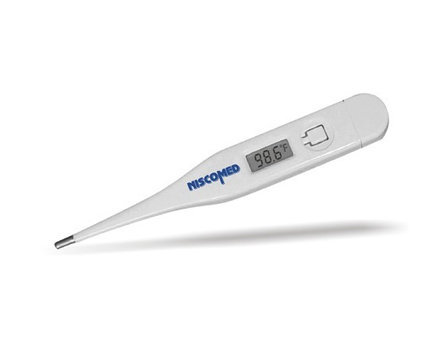When Keratoconus strikes, your cornea becomes thinner and bulges into a cone-like shape. Keratoconus doesn’t target a specific age group and can worsen quickly, especially if undetected. Thankfully, Keratoconus in Philadelphia treatments can safely improve your vision.
Generally, Keratoconus is a common eye condition, and understanding some basics can help. Moreover, comprehending Keratoconus’s causes and symptoms can help you know when to seek treatments. For this reason, here are five answers to the frequently asked questions about Keratoconus.
Understanding Keratoconus
Keratoconus is a gradual eye condition where the clear tissue in the cornea swells outward into a cone-like shape. Your cornea is the transparent outer part of the eye where images are focused when you see. Keratoconus is a degenerative eye disease that can result in vision loss if untreated.
Typically, Keratoconus causes the cornea to be thin and bulge into an irregular cone shape. With time this can make your vision distorted and blurred. Individuals dealing with Keratoconus are usually near-sighted and have high astigmatism, requiring advanced treatment.
What causes Keratoconus?
Although there is no known cause of Keratoconus, this non-inflammatory disease develops when the collagen fibers in your eyes weaken. Small collagen fibers, called collagen, enable the cornea to stay dome-like and free from bulges. Usually, this results in the cornea losing its regular shape.
In addition, Keratoconus can also run in families, and they can start developing early. That’s why it’s recommendable to undergo regular eye exams to help detect signs of Keratoconus. This condition can also develop to factors like chronic eye rubbing later in life.
How do I know I have Keratoconus?
Constant changes in your glass’s prescription may be an early sign of Keratoconus. Also, blurred vision and distorted vision can signify the presence of Keratoconus. Usually, you may find yourself experiencing double vision when you close one eye.
Generally, driving at night becomes more challenging as the disease progresses. Keratoconus can also make you experience sensitivity to light and frequent headaches. It will be best to visit an ophthalmologist if you suffer glares, halos, and ghosting, amongst other visual disturbances.
How does severe Keratoconus affect my quality of life?
Typically, an ophthalmologist can assess the severity of Keratoconus by determining how steep your cones are. They can also evaluate your corneas’ thinness and their overall shape. However, Keratoconus can severely affect your vision and degrade your life quality.
Patients suffering from Keratoconus find it difficult to work, read and drive. Keratoconus can also stress and lower your confidence, thus stopping you from enjoying your favorite moments. However, early medical interventions can help prevent your condition from causing unbearable consequences.
What can be done for Keratoconus?
Depending on the stage of your condition, several treatment options can take effect. Nevertheless, you should receive a full diagnosis from a certified ophthalmologist. Typically, eyeglasses are prescribed to treat early stages of Keratoconus, including symptoms of nearsightedness and astigmatism.
However, if you have progressive Keratoconus and eyeglasses are no longer effective, INTACS can help you overcome your symptoms. They work by flattening the cornea. Furthermore, INTACS are minimally invasive options that offer exemplary results in alleviating your vision.
Keratoconus is a rare disease that may take time before being detected. But with regular eye exams and checkups, this disease can be managed early. Moreover, if you have a family history of Keratoconus, don’t wait for symptoms but see an ophthalmologist immediately.
You, too, can safeguard your vision and avoid Keratoconus. If other treatment options have failed, try the new INTACS and reclaim your vision. Book your treatment session today!




![Levitra [Vardenafil] For Maintaining Hard Erections](https://passionlifelovehealth.com/wp-content/uploads/2022/02/Untitled-2-510x369.png)
